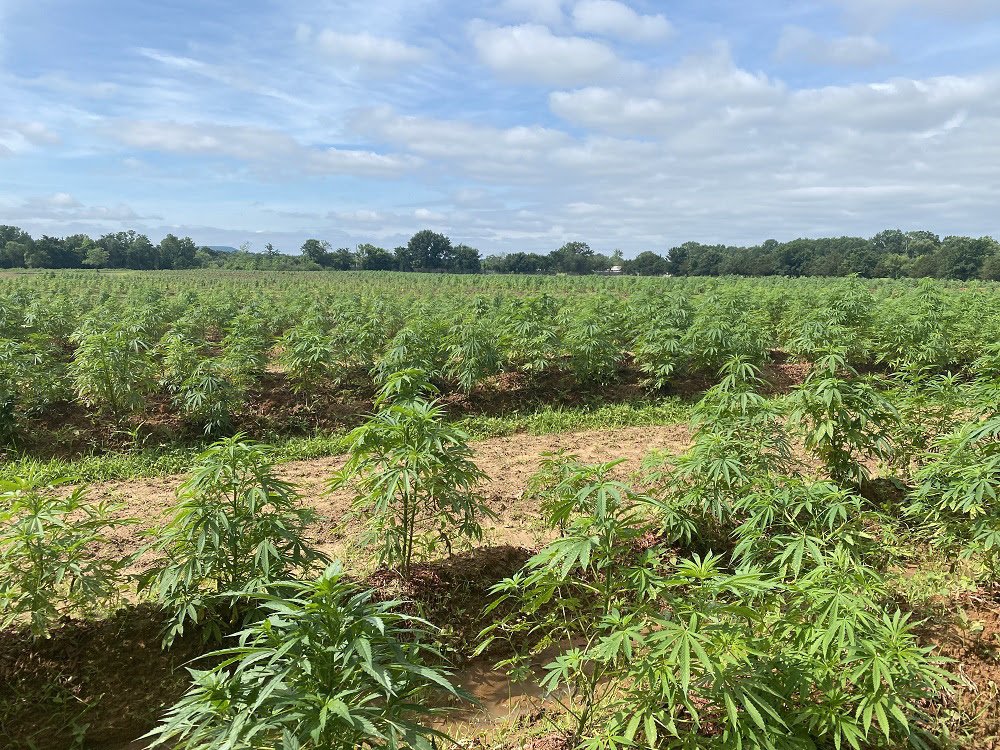Deep Dive: 🏷 The Truth About White Label Cannabis Brands
Image: Marijuana Venture
When customers buy cannabis products, the common assumption is that the brand on the label of the package is who made the product.
However, like many other industries, the truth behind the curtain is a bit more complicated. Wholesale sourcing, white labeling, and collaborations are commonplace in the cannabis industry, meaning that many products are produced by another group that didn't product them.
Marijuana Venture magazine recently had an illuminating article from Arshad “Adam” Lasi, who is the CEO of Nirvana Group. Nirvana Group is a vertically integrated cannabis producer who creates many white label products for other brands in Oklahoma.
Three points of emphasis from the article are listed below.
1: The Practical Necessity of White Labeling
Creating a competitive cannabis product requires investment and expertise in multiple disciplines: cultivation, extraction, marketing, and distribution, to mention a few. For many companies, it is not feasible to properly execute in all those departments. Mutually beneficial partnerships become attractive in this environment.
In his article, Lasi states: "I believe that a mutual trust between white-label partners and manufacturers frees up brand leaders to focus on their other strengths like marketing, building relationships with retailers and establishing a core customer base.'
Basically, focus on what you are great at, and partner with others who do the same.
2: Ensuring a Successful Product
One of the biggest drawbacks to sourcing and whitelabeling is the possibility inconsistent product quality.
Lasi has a few strategies to counter this, stating: "Q uality control and compliance are best handled by companies that have operating procedures in place and people who are responsible for following up on those procedures. Products created by a manufacturer represent both parties, and any issues with contamination or compliance are ultimately the responsibility of the manufacturer, so they must invest in compliance."
In other words, white label producers should have outstanding processes for bringing complex products to the marketplace.
3: The Importance of Partnership
Successful white label partnerhips require much more than simple transactions. They must adhere to the tenets of any good relationship, which include transparency, communication, and honesty.
Lasi sums it up thusly: "Having clear expectations and a roadmap to success are the only ways a great white-label partnership can thrive."
--
White labeling is a fantastic way for brands to collaborate with other organizations with complementary skillsets, enabling them focus on what they do best. The best white label deals feature the best of both organizations, but those partnerships must be diligently worked in order to avoid the multiple potential pitfalls. Read more form Lasi's article below:
Read More:
FINDING A WHITE-LABELING PARTNER [MARIJUANA VENTURE]

